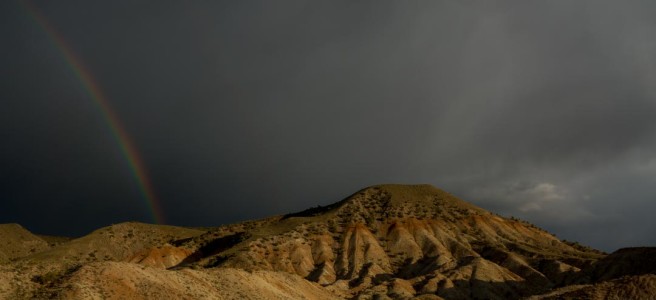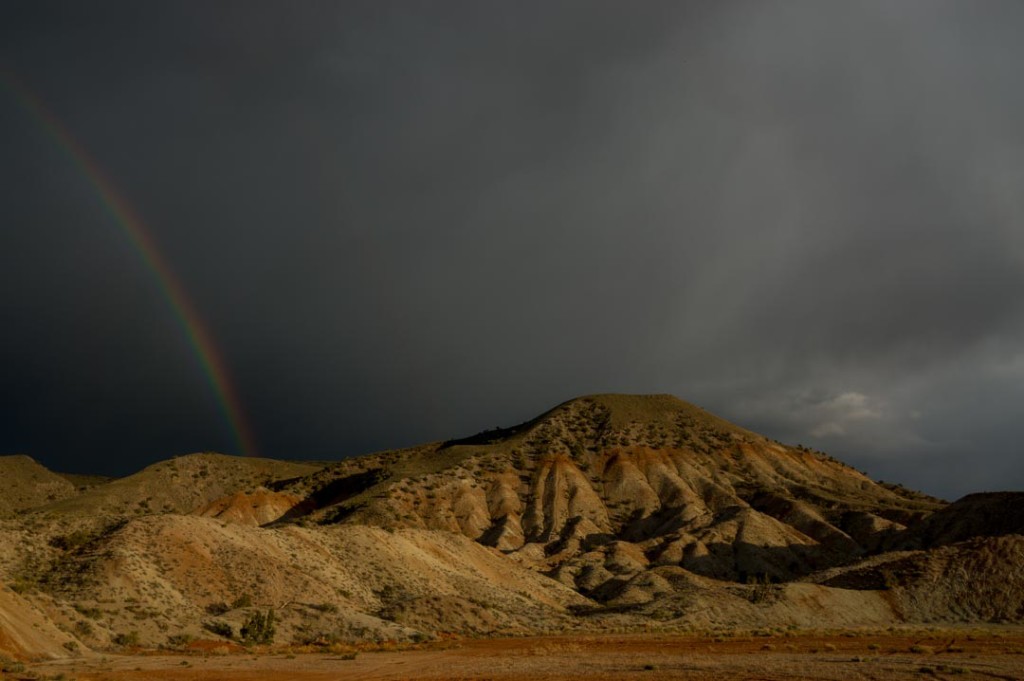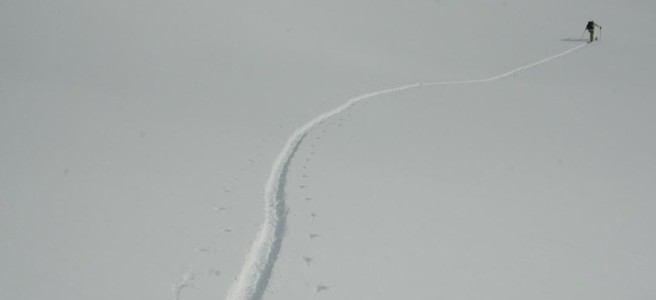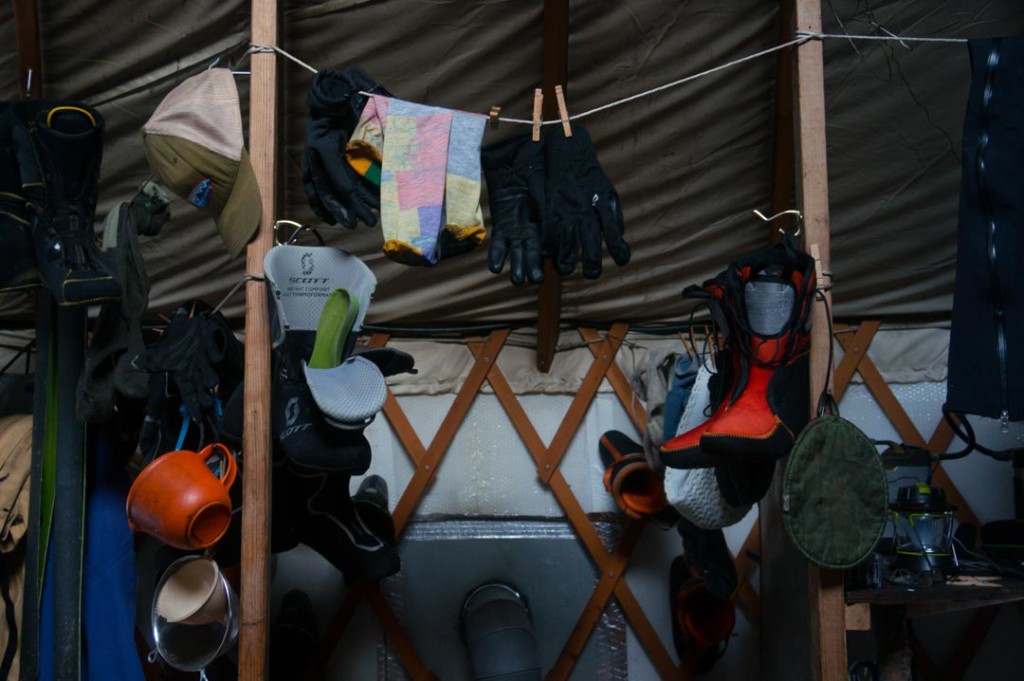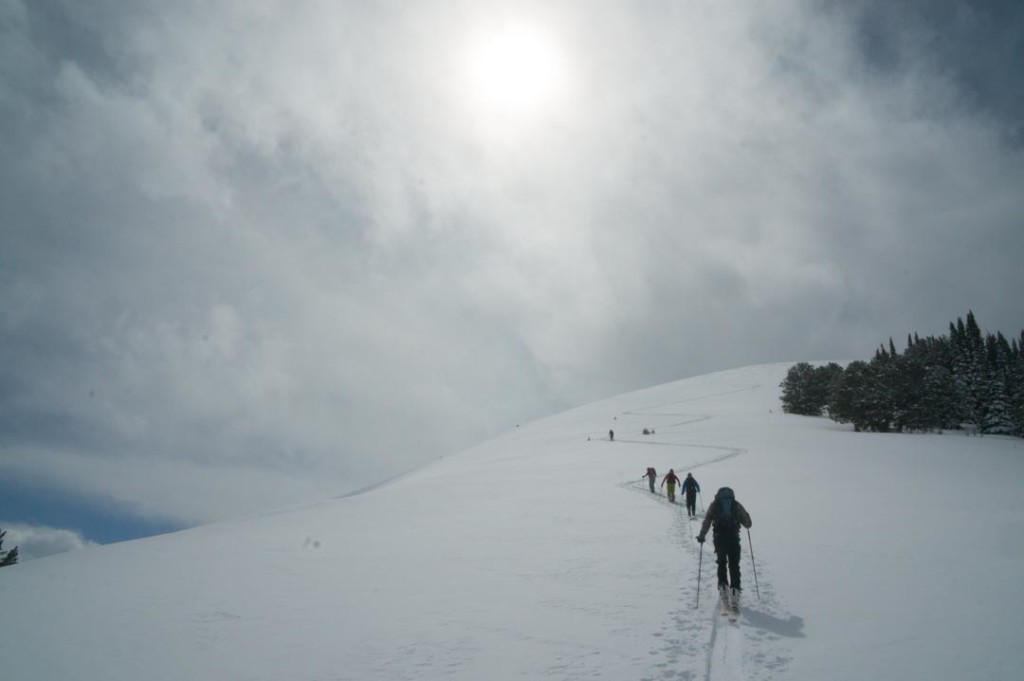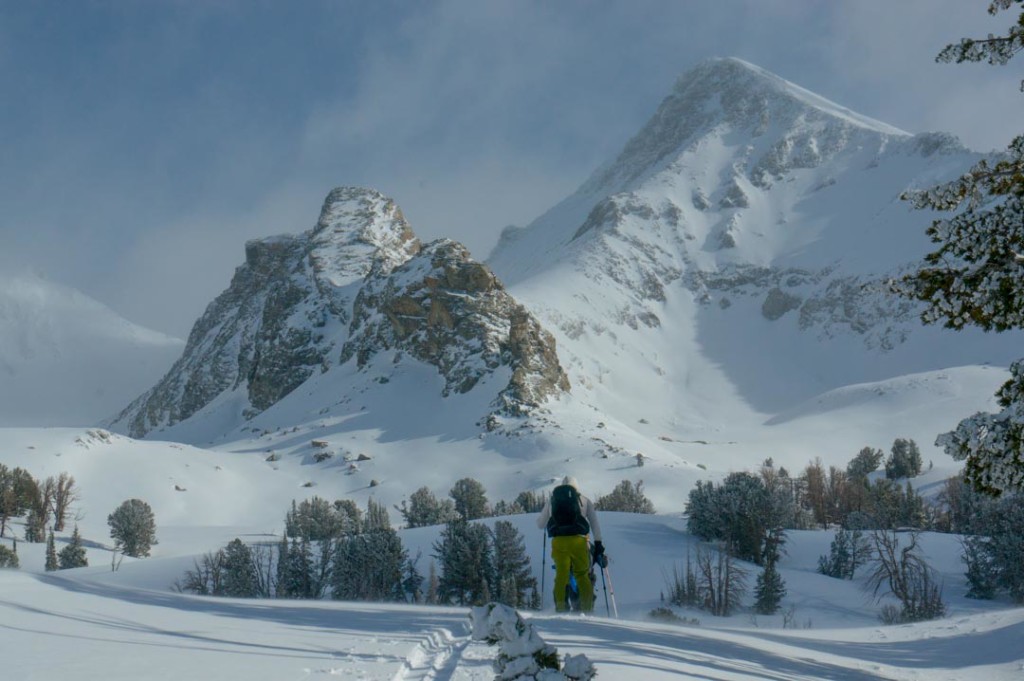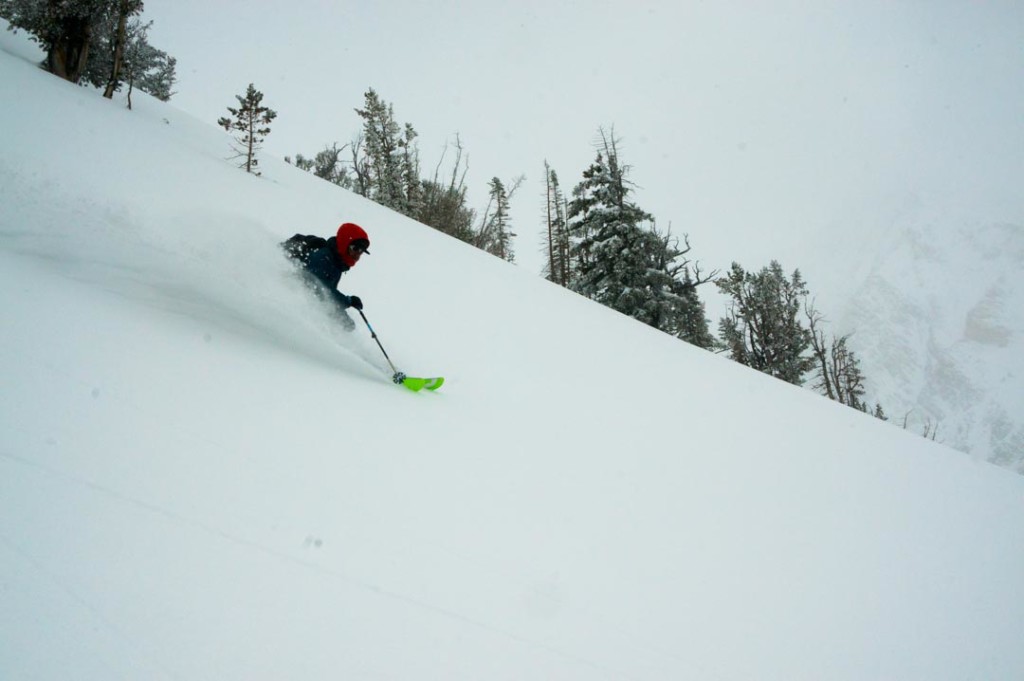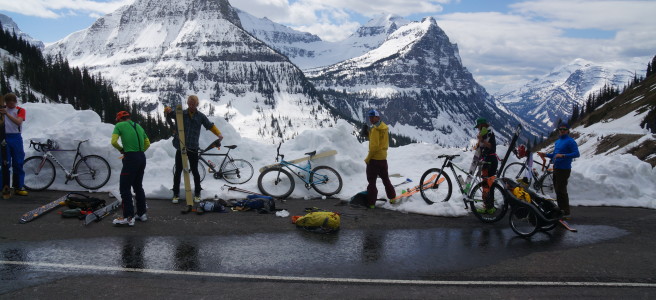I don’t remember much about the request except that it was probably objectively reasonable. I remember feeling slighted at his response that if I needed an answer right that moment, then it was a no.
He was under the thumb of some looming work deadline, probably, or another of the banal inconveniences of adult life that are unfathomable to an eight-year-old. If I’d asked earlier in the day or at dinner it would likely have yielded a quick permission.
“Timing,” my father still reminds me, “is everything.”
That pithy phrase is one of those paternal legacies from growing up that is simple and neatly packaged enough it might have come from a shitty action movie: A child is told “timing is everything” by his father, and as a man, now a secret agent, remembers that bit of advice and uses it to defuse a bomb or something. [Father’s voiceover, flashback montage, etc].
But it extends well beyond the demands of some impatient child.
A moment’s delay in telling a joke is the difference between laughter and one of those awkward pauses where everyone looks at their shoes. An hour in the sun can turn a couloir from an icy death-gully to an avalanche hazard, and for a few minutes in the middle that otherwise dangerous place might hold blissful corn skiing.
There’s a Tom Waits album that rattles around in your head, and at home it’s background music while you finish the dishes. But as the sun sets around you behind the wheel and the miles tic by it means a little more. His growl sounds off through the tinny speakers in the dash, but there’s no denying Diamonds on my Windshield is the American anthem for a long drive. The radio’s gone off the air, it gives you time to think … and blazing through this midnight jungle remember someone that you met, and one more block, the engine talks, whispers ‘home at last,” it whispers, ‘home at last.’
It’s not so different from Desert Solitaire, that book they told you to read in college by that guy who measured driving distances in six-packs of beer (litter isn’t ugly, the highway is ugly). I guess it’s a better influence than The Monkey Wrench Gang. Maybe you didn’t read it, or maybe you’ve forgotten. But somehow when you crack that book while coffee steams around your bare feet and a new day paints the Kaibab red it becomes our greatest and most heartbreaking ode to the natural world.
And sometimes people come into your life only to fade away again by no fault but that you crossed each other’s paths a bit too early or a bit too late.
Like
